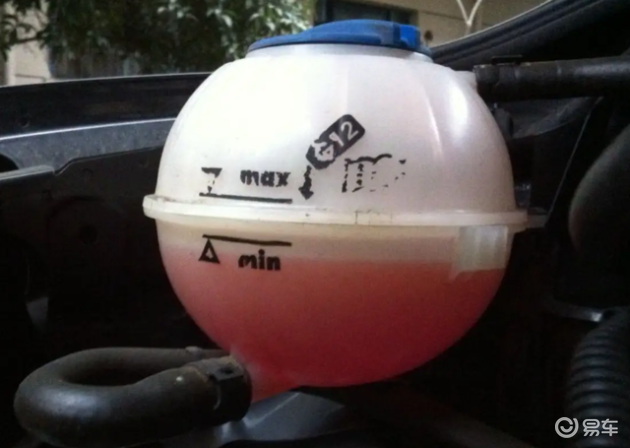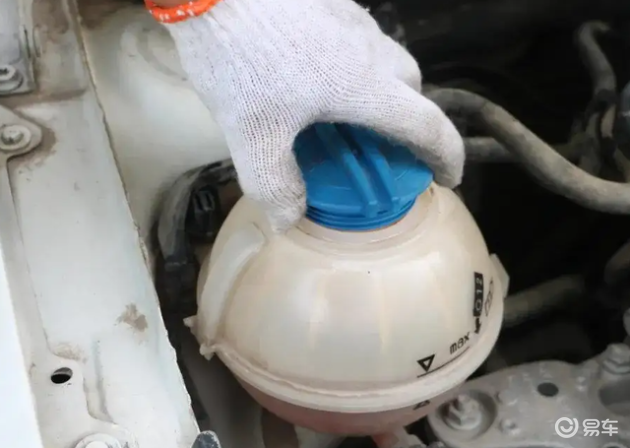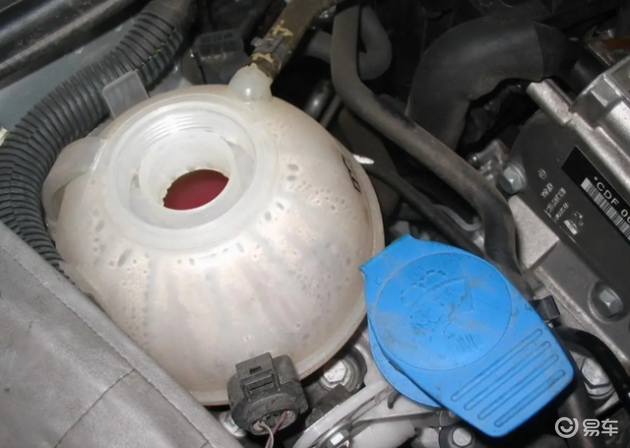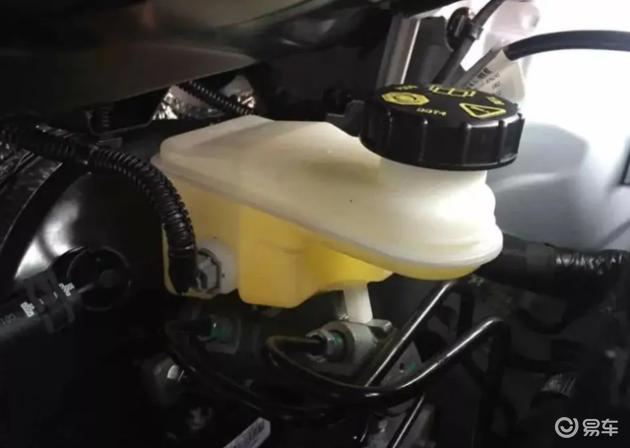Vocational education reform: standards, courses and teaching materials need to be twisted into a rope
◎ Our reporter Sun Mingyuan
Vocational education teaching standards, courses and teaching materials are the basic carrier basis for teaching in vocational colleges. The quality of the three is related to the level of classroom teaching, and the integration level of the three is related to the quality of personnel training. To improve the overall level of vocational education, it is necessary to carry out integrated development and design research on teaching standards, courses and teaching materials.
The newly revised Vocational Education Law has been officially implemented for one year. In the process of vocational education reform in full swing, the reform of teaching and curriculum has attracted attention and become one of the most concerned issues of all parties concerned. The key to the high-quality development of vocational education lies in high-quality courses. Further deepening the teaching reform and cultivating more skilled craftsmen who meet the needs of social and economic development are the key to enhancing the social recognition of vocational education and realizing high-quality development.
Cheng Jun, vice president of Jinhua Vocational and Technical College, pointed out that in the current curriculum construction and teaching in vocational colleges, there are still many problems, such as curriculum content is difficult to keep up with technological development, teaching implementation is divorced from reality, and teachers’ ability is difficult to adapt to the requirements of curriculum reform.
Chen Huazheng, a teacher of Guangdong Vocational College of Science and Technology, said that local education administrative departments and colleges have invested a lot of resources to develop and reform courses and textbooks, but the connection between courses, textbooks and even the teaching content of vocational colleges at different levels is still not enough.
In other words, the curriculum reform of vocational education is far from the "completion time", and a "multi-integration" reform is still imminent from the perspective of curriculum content and curriculum system.
Keep up with the content of iterative course of technological change
Cheng Jun compared the new technology to the "bull’s nose" of the curriculum. In his view, the updating of technology and curriculum have something in common, and one of the important contents of curriculum reform is to make the curriculum keep up with the pace of technological change.
"There is an idea in the technical field called ‘ Iteration ’ We can use this concept in curriculum reform, so that the vocational education curriculum iteration can closely follow the industrial technology iteration, and realize the same frequency resonance between vocational education and industrial development needs. " Cheng Jun said.
Jinhua Vocational and Technical College, where Cheng Jun is located, has added the requirements of new technologies, new processes, new occupations and new posts to the curriculum development.
In the curriculum reform, teachers are not only the adaptors and implementers of the curriculum reform, but also the creators, playing the role of "main force". For example, teachers will choose typical real enterprise projects, from simple to complex, from partial to complete, and transform enterprise projects into teaching projects.
Jinhua Vocational and Technical College has also built a series of curriculum groups to improve teachers’ comprehensive ability in curriculum reform and form a structured teaching team with division of labor and cooperation. This kind of course group includes professional group platform course group, "1+X" supporting course group, competition-teaching integration course group and so on.
"In the classroom this ‘ Main battlefield ’ In fact, we have explored the online and offline mixed teaching mode based on the comprehensive application of information technology, the action-oriented teaching mode based on the real environment and real tasks, and the curriculum ideological and political teaching mode combining professional education with ideological and political education, with the goal of creating a ‘ Live classroom ’ 。” Cheng Jun added.
Strengthen the horizontal and vertical correlation of courses
Chen Huazheng believes that the existing reform measures have significantly improved the teaching standards, courses and textbooks of vocational education, but there is a lack of horizontal connection among teaching standards, courses and textbooks, and there is a lack of vertical connection among secondary vocational schools, higher vocational colleges and higher vocational undergraduate courses.
"At present, the teaching standards, courses and textbooks at the national level are basically on three parallel lines that are not related, and the integration connection is obviously insufficient." Chen Huazheng said.
In 2019, the Guiding Opinions on the Formulation and Implementation of Professional Talents Training Programs in Vocational Colleges issued by the Ministry of Education did not put forward rigid requirements for colleges to offer relevant courses in the talent training programs. Therefore, in the process of constructing the professional curriculum system, some schools and majors have problems in the implementation of national professional teaching standards.
These problems are embodied in the fact that some schools will cut professional courses due to factors such as teachers, venues, software and hardware equipment, especially the core professional courses will be adjusted to choose self-made unplanned teaching materials. In addition, due to the absence of vocational curriculum standards in professional courses, colleges and universities also have more random situations in the selection of teaching content and teaching materials for professional courses.
Chen Huazheng pointed out that the selection and use of some teaching materials are not reasonable enough, and there is also a lack of guidance in the use of teaching materials.
In addition to the lack of horizontal correlation, there is also a lack of vertical cohesion between courses.
In recent years, many places have extensively carried out the segmented connecting training of secondary and higher vocational colleges, and started the undergraduate pilot of higher vocational colleges. The number of majors and the scale of students covered have increased year by year. However, the top-level design of majors, courses and teaching materials in the connecting training of secondary and higher vocational colleges is not complete, among which the curriculum standards to ensure the basic norms and quality requirements of curriculum teaching and the construction of connecting courses and teaching materials to ensure the integrated training of secondary and higher vocational colleges are basically absent.
Chen Huazheng said that the problems caused by the lack of vertical connection include the overall quality of the connection between secondary and higher vocational schools, the unclear distinction of curriculum objectives in each period, and the serious repetition of actual teaching content.
"Vocational education teaching standards, courses and textbooks are the basic carrier basis for teaching in vocational colleges. The quality of the three is related to the level of classroom teaching, and the level of integration of the three is related to the quality of personnel training. To improve the overall level of vocational education, it is necessary to carry out integrated development and design research on teaching standards, courses and textbooks. " Chen Huazheng said.
Strengthen the guidance and execution of teaching standards
Among teaching standards, courses and textbooks, teaching standards are of leading significance. Chen Huazheng believes that the breakthrough of the current reform lies in the integration of the above three, among which teaching standards are the most important.
"My suggestion is to improve the national professional teaching standards, strengthen the guidance and execution of the standards, and set up professional categories or professional categories in the majors cultivated in the middle and higher vocational colleges to ensure the professional characteristics of the convergence training from the source. For example, courses can be divided into ‘ ’ must be opened. And ‘ Select to open ’ Two types, as the requirements for setting up colleges and universities with related majors. These hard requirements at the curriculum level can ensure the continuity and authority of national professional teaching standards. " Chen Huazheng said.
Chen Huazheng also proposed to take the post skill standard as the basis of curriculum setting, and then develop teaching materials based on the course content, and put the post skill standard — Courses — The textbook is developed and evaluated as a whole, and it is also regarded as an integrated achievement in the evaluation of the results, and it is evaluated on this basis. He also suggested establishing a joint research base between schools and enterprises to evaluate and study the development and application of job skills standards, courses and teaching materials.
After the establishment of the school-school-enterprise joint research base, all parties can integrate their own high-quality resources and develop corresponding courses and loose-leaf, workbook-based, digital and media-integrated teaching materials to meet the needs of different learning methods such as project learning, case learning and modular learning.
"A win-win benefit distribution mechanism should also be established, so that the joint research base can continue to operate well." Chen Huazheng reminded.
Extended reading
Curriculum reform of vocational education should resonate with the same frequency of the times
Vocational education is an important means to cultivate high-quality technical and skilled talents. For a long time, all countries have been actively promoting curriculum reform to realize the sustainable development of vocational education.
In the current teaching standards of vocational education, it is clear that the curriculum includes public basic courses and professional courses, and professional courses generally include professional basic courses, professional core courses and professional development courses, and cover relevant practical teaching links.
Curriculum is the "software" in the school education system. It is closely related to the changes of social environment, reflecting the needs of the industry, and also embodies the requirements for the cultivation of learners’ comprehensive quality.
Therefore, in the curriculum reform of vocational education, we should combine the curriculum reform of vocational education with the development of the times, respond to the challenges of the times and make use of the opportunities of the times; In the goal of vocational education curriculum reform, vocational education curriculum should be combined with people’s lifelong development and all-round development; In the course development of vocational education, we should fully mobilize the enthusiasm of industry enterprises, students, vocational school teachers and ordinary college teachers, and gradually establish a curriculum development community.























